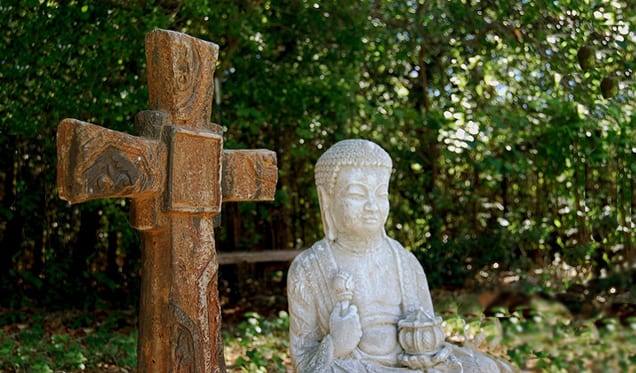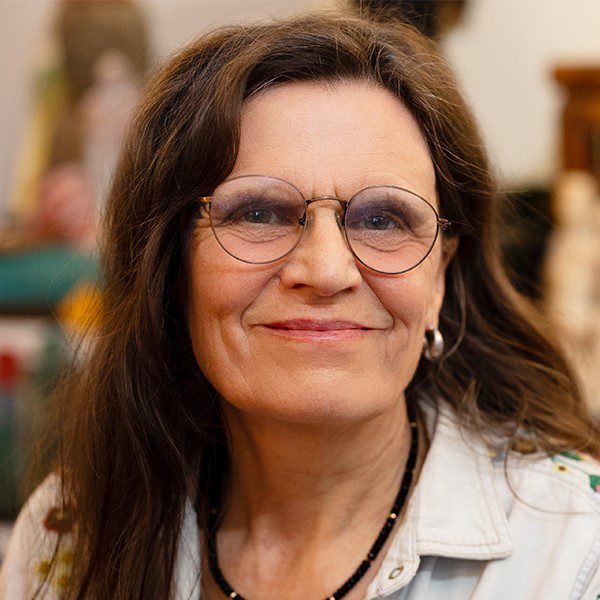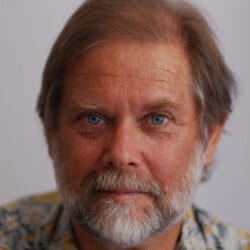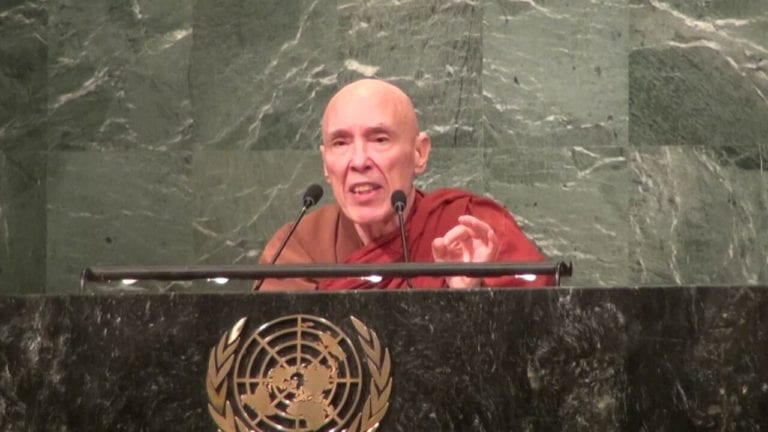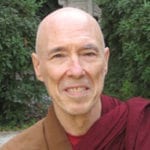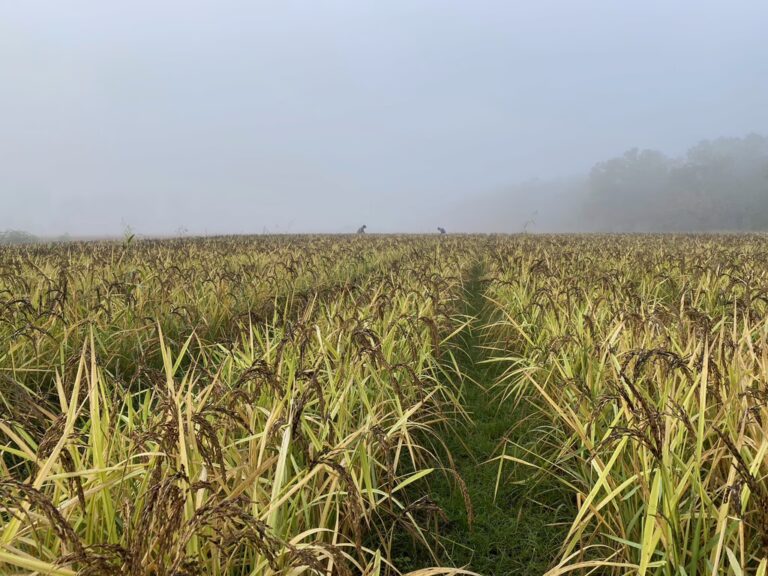Since climate change and the global economy now affect us all, we have to develop a sense of the oneness of humanity.
—The Dalai Lama
The release of the papal encyclical “Praised Be” urges us, as global citizens, to take climate change extremely seriously. It also asks us to look deeply at its causes and pick up the challenge to overcome them so we can leave a sustainable world for future generations. This timely communication from Pope Francis is deeply appreciated and welcomed by all informed people of faith, alongside secular and scientific communities, who understand that environmental degradation is the primary issue of our times.
In delivering this message with a clarity rooted in scientific truth, the Pope demonstrates the kind of leadership needed in these frightening times. Some may call the Pope “radical” but the fact is ensuring future generations suffer dire consequences due to our negligence constitutes radical ignorance. In truth, the Pope’s radicalism is wholly worthy of the Christ, and all great religious founders, who changed the course of humanity through the might of their spiritual power.
We have such an example in the Buddha, who also radically challenged inequities such as slavery, attachment to nationalism, privilege and caste, gender discrimination, violence and abuse of animals, all of which generate poverty, oppression, and systemic suffering. At a more intimate level, the Buddha pointed to the force of greed, hatred and delusion within the human mind as the leading cause of a burning world.
Fortunately, the Buddha also pointed to wholesome attributes within this very same mind, such as ethical discernment, wise reflection and investigative awareness. Buddhism teaches that we can overcome greed, hatred and delusion, the causes of climate change, by developing these attributes alongside a variety of ethical and spiritual capacities such as generosity, virtue, renunciation, mindfulness, wisdom, effort, compassion, truth, determination, loving kindness and peace.
While our cosmos is mysterious, what is clear is that for the first time four and a half billion years of evolutionary history, humans now shape the Earth’s destiny.
It is a terrible and poignant moment to realize that due to our apathy, aggression and craving we are on the cusp of rendering the planet unlivable for all forms of life. To absorb this reality is to have one’s heart shattered. The devastation we feel, however, opens us to understanding that we have to change.
Firstly we need the humility to see that our hubris has divorced us from an alliance with nature and the knowledge of our interconnectedness with all life. This truth is deeply understood by First Nation Peoples. Instead of being respected for their wisdom, they have suffered genocide and severe oppression through the ravenous staking of colonial acquisition. The current corporate control of our shared resources, for gross monetary gain, continues these same cycles of exploitation and poverty.
This now has to stop. We need to patently reject the myth of endless growth and instead return to the example of wise elders who live within the natural limitations of the Earth’s capacity. Buddhism teaches that we find the unlimited through inner realization not through endless consumption. To transform our selves through this realization is to transform the world. While Buddhism focuses on inner development, this does not preclude outer activism as demonstrated by the Buddha who worked to uplift humanity while advocating love of all beings and service to the Dharma, or truth.
Together in service, as encouraged by Pope Francis, we are called to undertake a profoundly transformative task. We should do this for the welfare of all. For this we need to end reliance of fossil fuels, sequester current carbon emissions, invest in massive renewable energy, and shift toward plant based diets and local agriculture.
We do not have a moment to loose. Pope Francis said, “The time to find global solutions is running out. There is therefore a clear, definite and urgent ethical imperative to act.” This message is addressed to “every person who inhabits this planet.” Lets join together and start by insisting politicians and world leaders commit to a strong climate agreement. Alone we are vulnerable but together we are unstoppable; together we can bend the course of history.
You can read our other article on Pope Francis’ encyclical from Ven. Bhikkhu Bodhi, A Call to the Moral Conscience.

